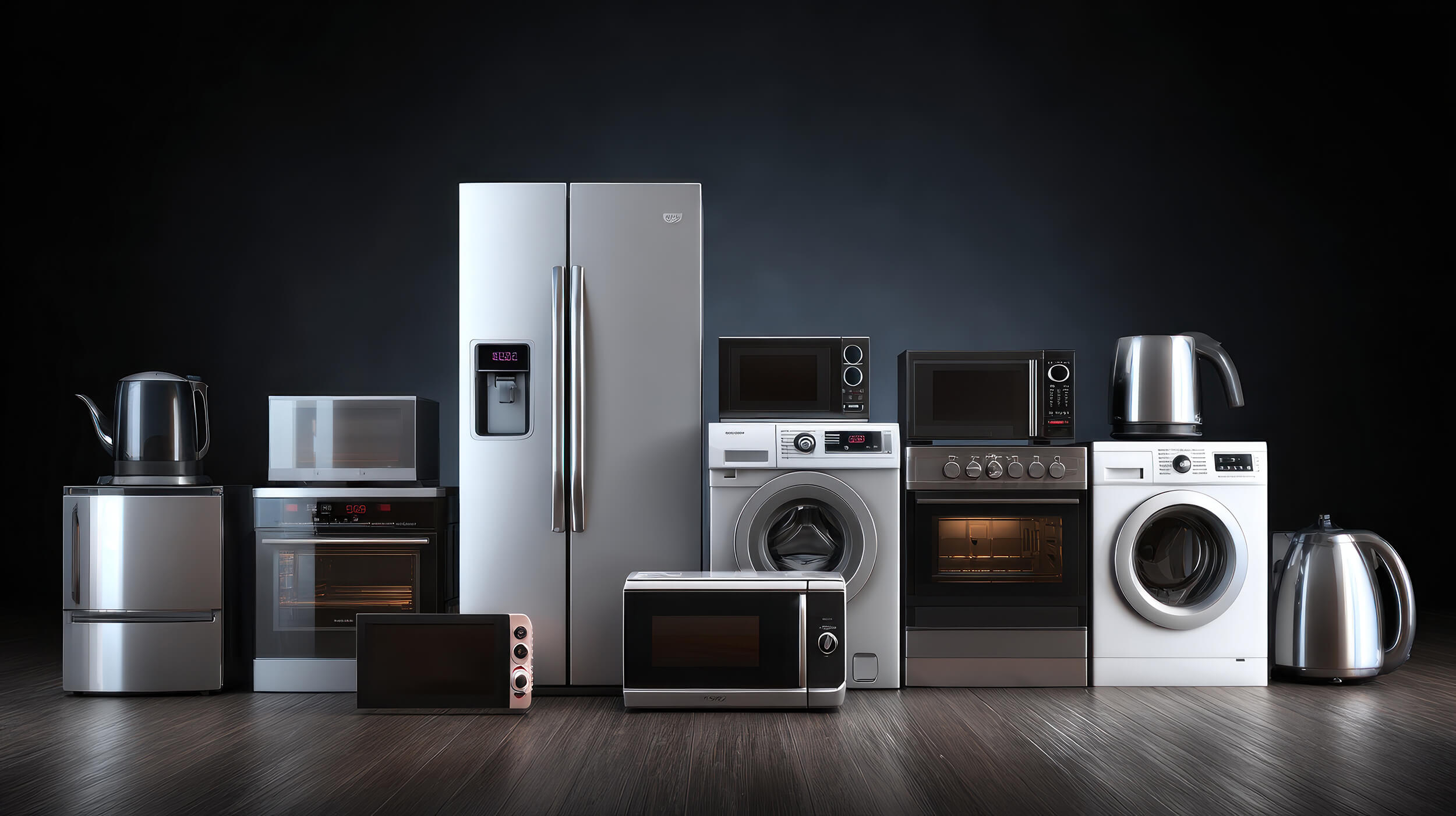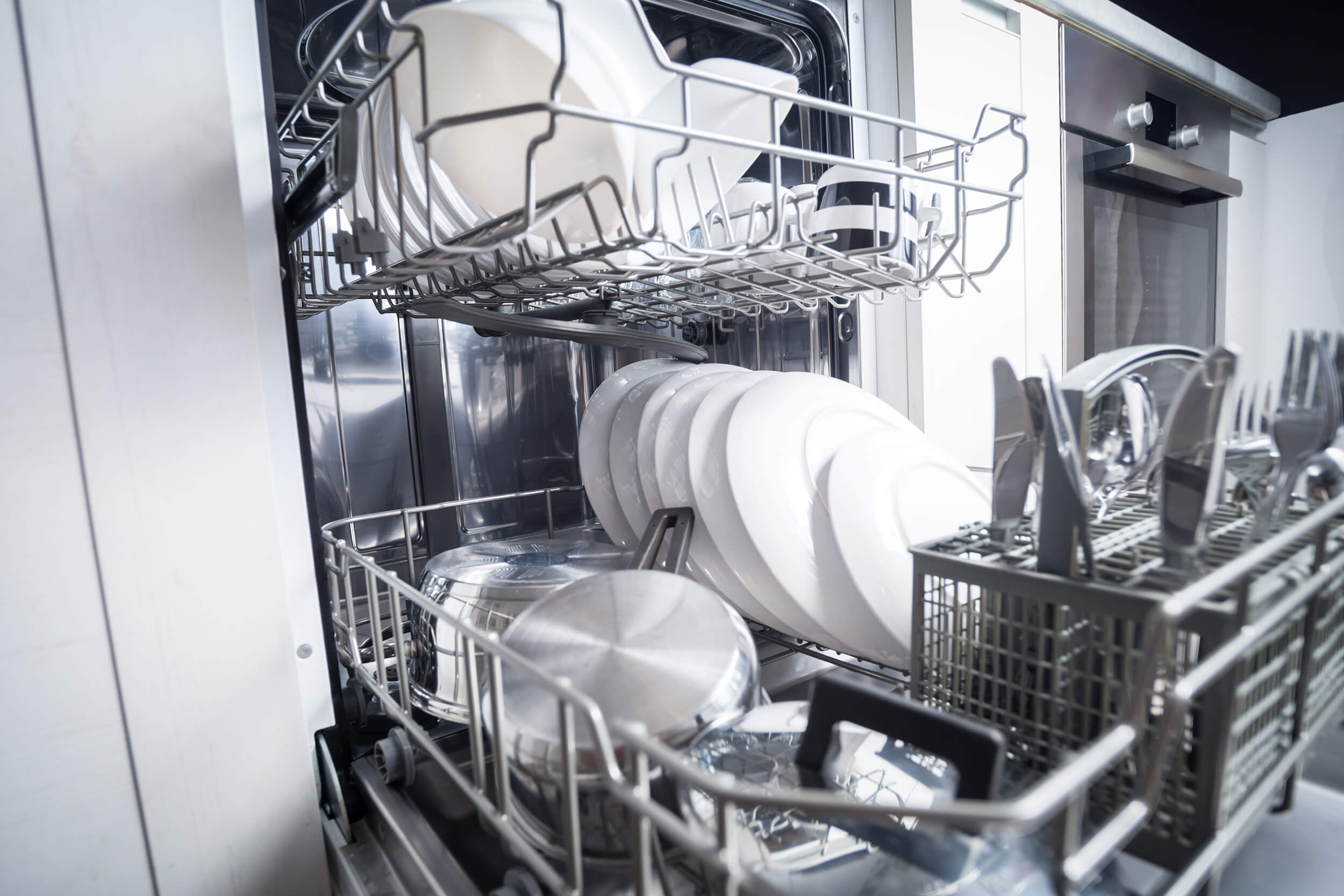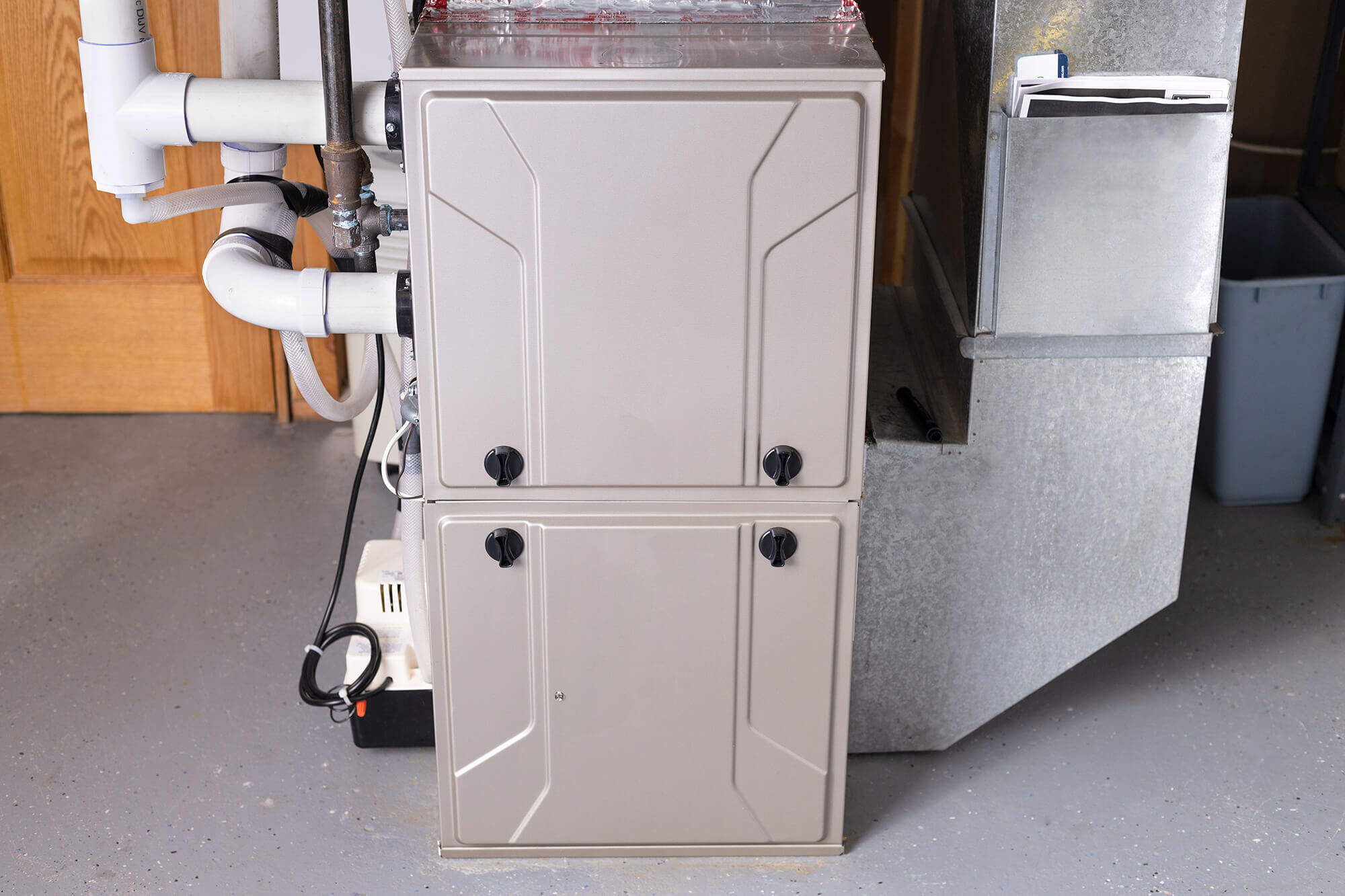FOR IMMEDIATE RELEASE
Tuesday, October 3, 2000
CONTACTS:
Andrew deLaski, ASAP, 617-363-9470 or
David Nemtzow, Alliance to Save Energy, 202-530-2217
Proposal is a Step Forward but Not Enough, Says Coalition, Urging Sec. Richardson to Improve Final Standard
BOSTON; WASHINGTON, D.C. -- Following a summer of electricity reliability problems and blackouts in a number of states, a coalition of consumer and environmental groups, state government, and utilities praised the Clinton Administration for proposing new air conditioner and heat pump energy-efficiency standards today but said they fall short.
"Secretary Bill Richardson deserves credit for seeing the potential in new heat pump and air conditioner standards," said Andrew deLaski, executive director of the Appliance Standards Awareness Project (ASAP), the coalition group. "But the Administration proposal falls well short of what's needed to lighten the load that air conditioning puts on the nation's strained power systems and consumers' electricity bills."
Air conditioners are the single largest contributor to peak electricity demand. In many parts of the nation, notably California, New York and Chicago, record peak demand has repeatedly brought the power system to the brink of collapse and, in some instances, precipitated outages. Consumers in the deregulated markets of Southern California and southeastern New York have seen the cost of their electricity skyrocket as demand has outstripped supply.
"California teetered on the edge of rolling power outages all summer," said Commissioner Art Rosenfeld of the California Energy Commission. "When the difference between keeping our lights and computers on and blackouts can be a few hundred megawatts, we need all the power savings we can get."
"We are at a critical point in our nation's energy policy, with high prices and overloaded supply systems threatening our economic health as well as the environment," said Alliance to Save Energy President David Nemtzow.
"The Secretary has a golden opportunity to get this key policy decision right. If he fails, we all lose."
ASAP ran a half-page newspaper ad last week featuring Richardson in a pair of digitally inserted sunglasses headlined, "In the city known for hot air, Bill Richardson has a cool idea." The ad notes that a watered down standard as advocated by some manufacturers would, in effect, force the American people to finance dozens of expensive, polluting power plants to make up the difference.
The Administration proposes to increase the heat pump standard by 30% to 13 Seasonal Energy Efficiency Ratio (SEER), but proposes to increase the air conditioner standard by just 20% to 12 SEER. Air conditioners sold today have an average SEER of 11; the current minimum standard, set in 1987, is 10 SEER. (Heat pumps are very similar to air conditioners except that they heat as well as cool homes.)
"Anything less than a 30% improvement for both air conditioners and heat pumps sells the nation short," said Howard Geller, executive director of the American Council for an Energy-Efficient Economy, a Washington-based energy policy group. ACEEE conducted an in-depth economic evaluation of different standard levels earlier this year.
According to ACEEE's analysis, the shortfall, or "efficiency deficiency," in the Administration air conditioner proposal forfeits:
- 16,700 MW in peak power reductions (as many as 33 typical baseload plants or more than a hundred of the combustion turbines typically used to meet peak loads);
- $730 million in annual bill savings for the nation's consumers;
- 10,000 gigawatt hours in annual electricity savings (the annual electricity use, for example, of all the households in Connecticut combined); and
- 38 million metric tons in carbon emission reductions over the next thirty years, equaling the lifetime emissions of 2,600,000 cars.
"The administration's proposal will please some in the air conditioner manufacturing industry," concluded deLaski of ASAP, "but at an enormous cost to the power grid, to consumers, and to the environment."
# # #
For more information:
Andrew deLaski, Appliance Standards Awareness Project 617/363-9470
Rozanne Weissman, Alliance to Save Energy 202/530-2217
Commissioner Art Rosenfeld, California Energy Commission 916/654-4930
Howard Geller, American Council for an Energy-Efficient Economy 202/429-8873
The Appliance Standards Awareness Project is dedicated to increasing understanding of and support for national appliance and equipment energy efficiency standards. ASAP is sponsored by leading environmental groups, consumer groups and state government and utilities.




